Answering FAQs About Oculomotor Dysfunction
Oculomotor Dysfunction (OMD) is a common vision disorder that is often misunderstood. The following FAQs provide more information about Oculomotor Dysfunction, and this can help clear any misconceptions or blank spaces you might have had about the disorder.
What Is Oculomotor Dysfunction?
Oculomotor Dysfunction (OMD) is a vision disorder that occurs when a person can't control their eye movement. This can affect the quality of life because voluntary and purposeful eye movement is essential when carrying out tasks such as reading, writing, and playing sports.
Since we live in a highly visual world, there are many other tasks and activities that require accurate and well-coordinated oculomotor skills. Unfortunately, this vision disorder affects many young children and adults alike and also affects things like balance and depth perception.
What Are the Characteristics of Oculomotor Dysfunction?
Oculomotor Dysfunction is characterized by many behaviors. For instance, the affected person develops compensatory behavior such as moving the head when reading, whereas the head typically remains stationary when a person without OMD is reading. Generally, other symptoms of OMD include the following:
- Inability to fixate on a target while keeping the eyes steady.
- Lack of saccadic eye movements, meaning the eyes will be off-target when moving from one object to another.
- Inability to follow a moving target accurately (pursuit eye movements).
- Difficulty reading, which results in a slow reading speed. For instance, words seem to blur or float and the person has double vision when reading. This causes the person to struggle to comprehend what they are reading.
- Taking too long to perform ordinary visual tasks
- Poor hand to eye coordination
- Headaches
- Abnormal head or body repositioning
- Poor depth perception
- Motion sickness or dizziness
Are Oculomotor Dysfunction and Dyslexia the Same?
As mentioned, OMD is characterized by difficulty reading. Common effects of OMD include rereading text and using fingers to keep track of words when reading. Because people with OMD have trouble comprehending what they're reading, it's easy for people to assume the person has Dyslexia.
However, these two conditions are different. For starters, OMD occurs when the oculomotor system is defective, while Dyslexia is a learning disability in reading.
Do Children Suffer From this Vision Disorder?
OMD is a vision disorder that also affects children. However, keep in mind that it's normal for children to have trouble performing most visual skills. It takes time for them to develop skills like hand-to-eye coordination, so normally this is something they will outgrow.
However, if a child has OMD, they can't 'outgrow' this condition, so their visual skills will not improve as expected. Sometimes, it takes longer for a child to be diagnosed with OMD because they are often unaware they have a vision disorder.
They think what they are experiencing is normal. The child will also devise compensatory techniques. But as they grow older and take on a greater academic workload, the disorder will become more obvious. Therefore, the child's academic performance will likely decline as they age.
How Do Professionals Diagnose and Treat Oculomotor Dysfunction?
OMD is diagnosed by a qualified eye doctor who has studied neuro-optometry, binocular vision, and vision therapy. A general, primary care optometrist typically does not have sufficient training to diagnose OMD. So, it's normal to visit a general care optometrist and be told everything looks good even if you have OMD.
That's why it's important to seek advice from an eye doctor who specializes in diagnosing and treating this vision disorder. Speaking of which, treatment of OMD typically involves a vision therapy treatment program.
Vision therapy makes use of lenses and prisms to target specific eye and brain activities that improve visual skills. In most instances, the patient will work one-on-one with a vision therapist. This allows for a personalized vision treatment therapy program for better results.
Will the Treatment for Oculomotor Dysfunction Be Effective?
As mentioned, the prescribed treatment for OMD is individualized and progress generally depends on the complexity and severity of the vision disorder. When the condition is diagnosed, the eye doctor will be able to recommend a certain number of hours which the patient must spend on vision therapy. Those with a more complex type of OMD will require more hours of vision therapy.
If you or anyone you know has been experiencing symptoms of Oculomotor Dysfunction, we encourage you to schedule an evaluation with us. Our experienced and trained eye doctor will perform a comprehensive, binocular vision assessment that will provide an accurate diagnosis. This will set the path for the right treatment that will improve visual skills and the quality of life.

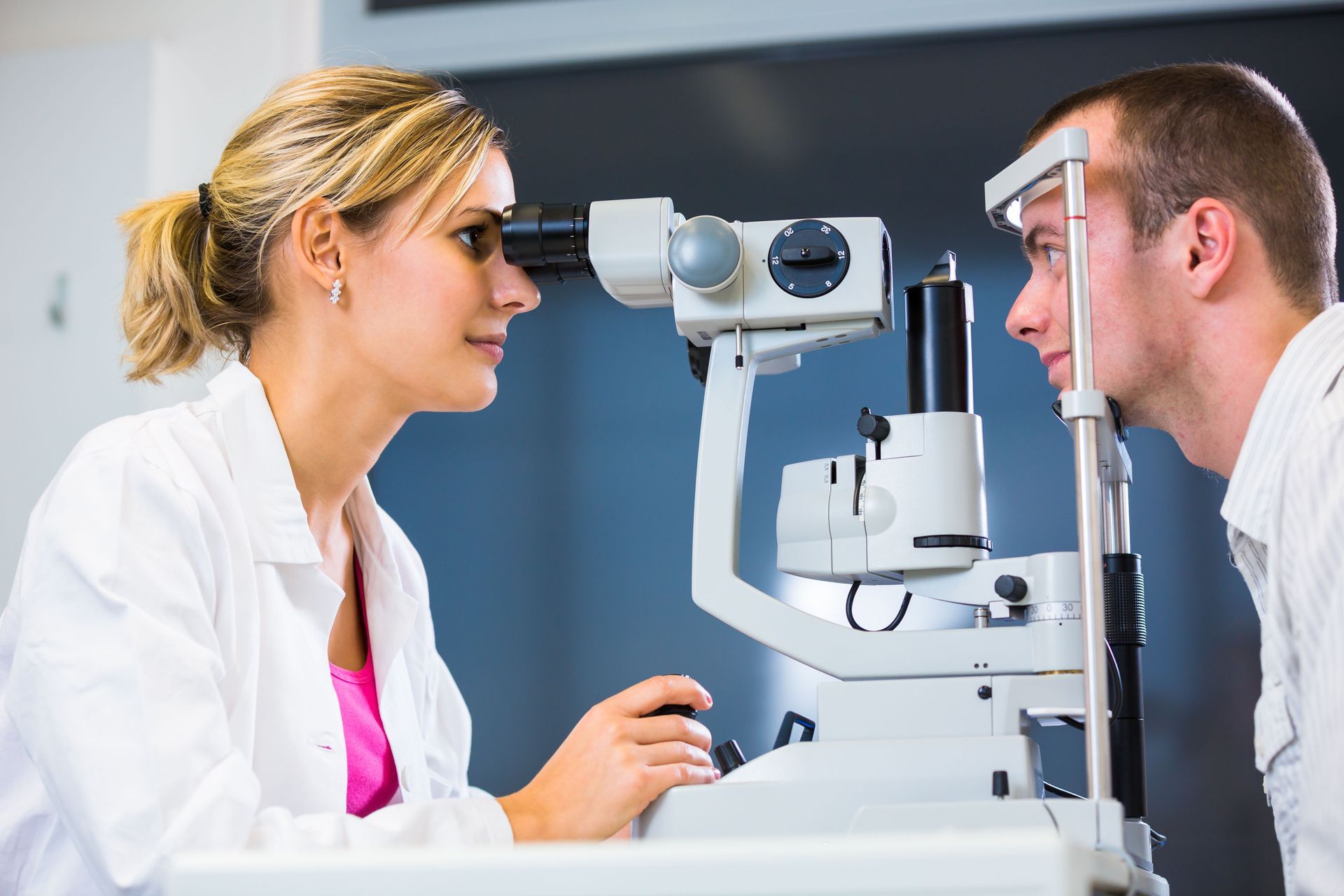
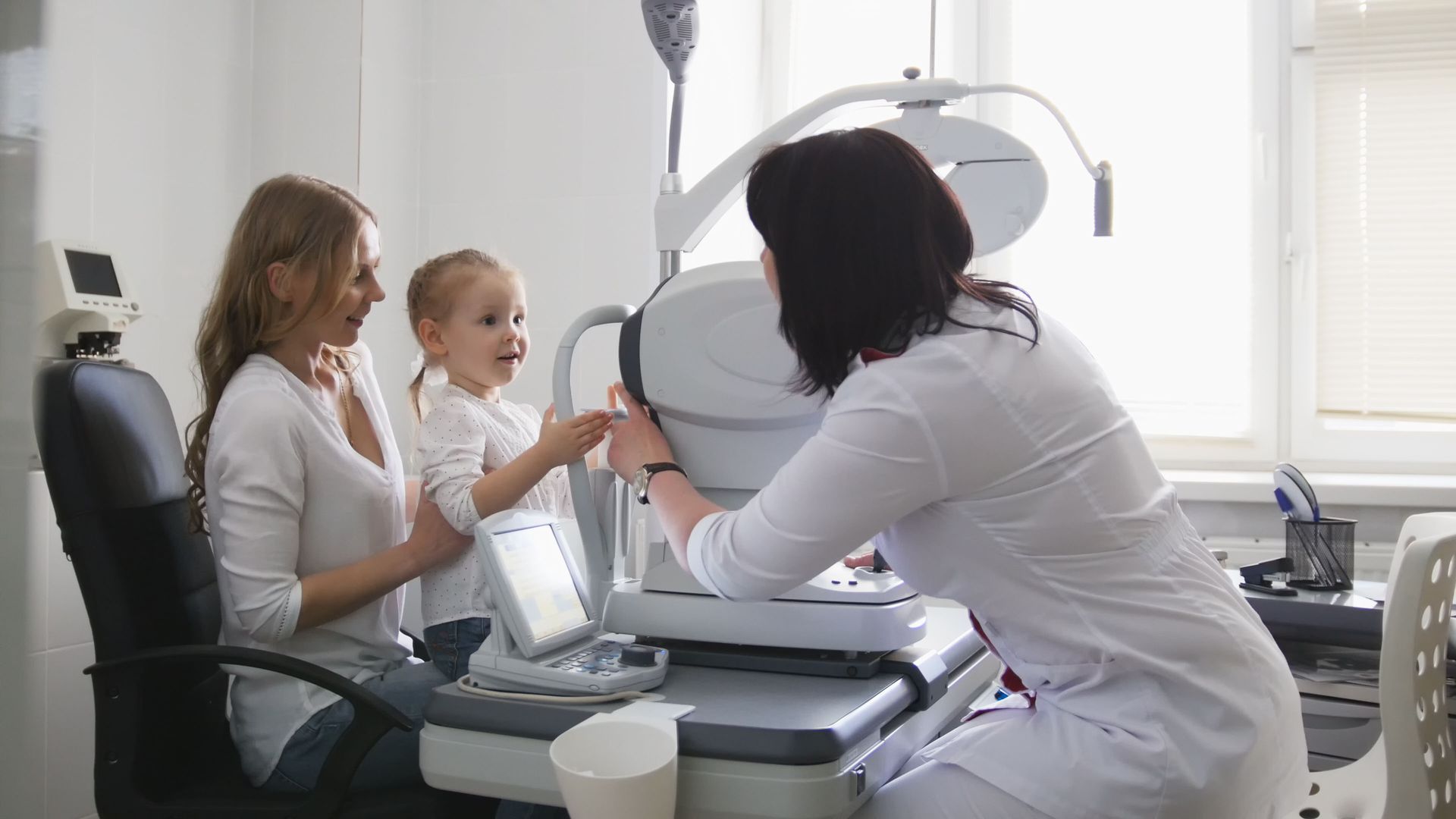
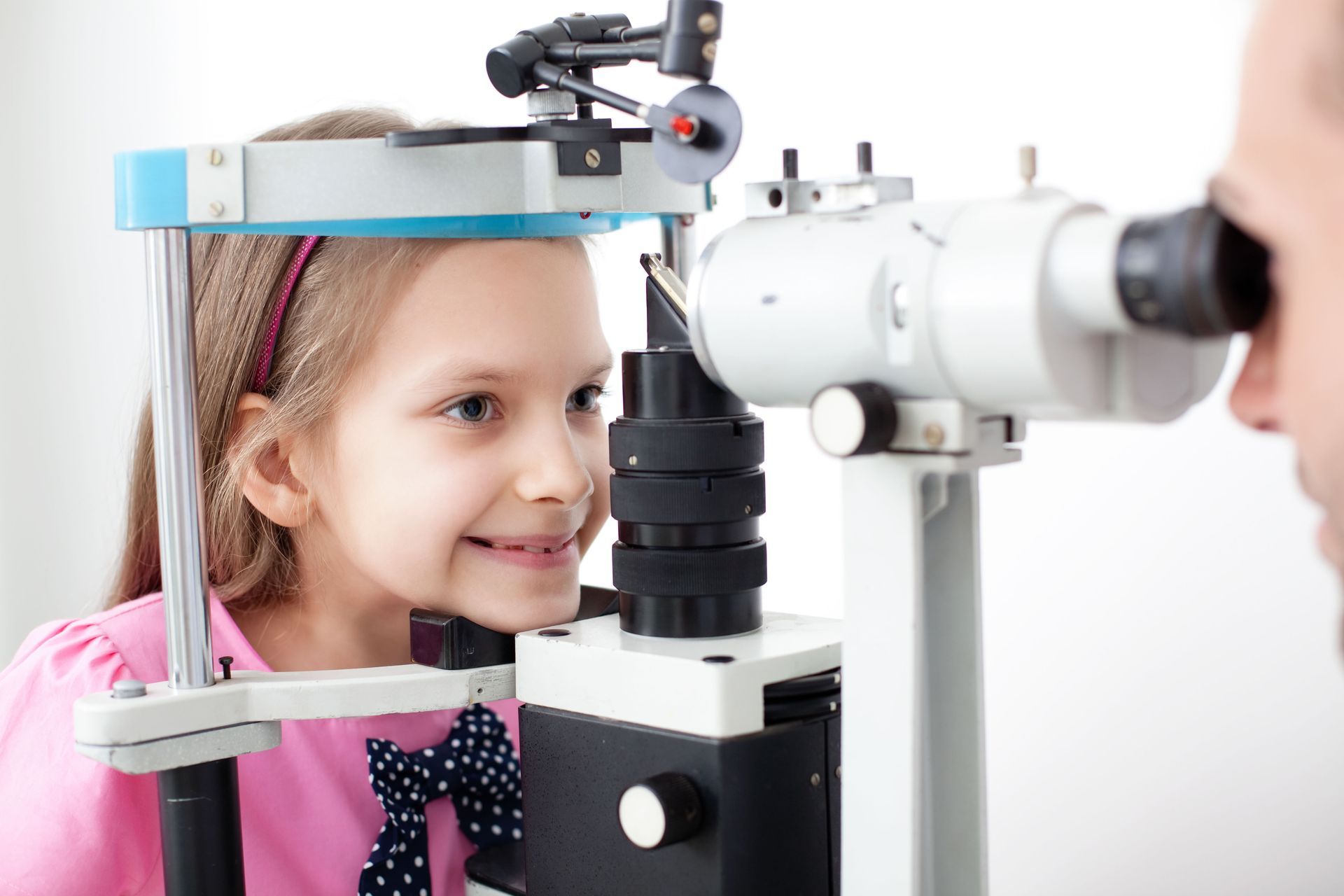
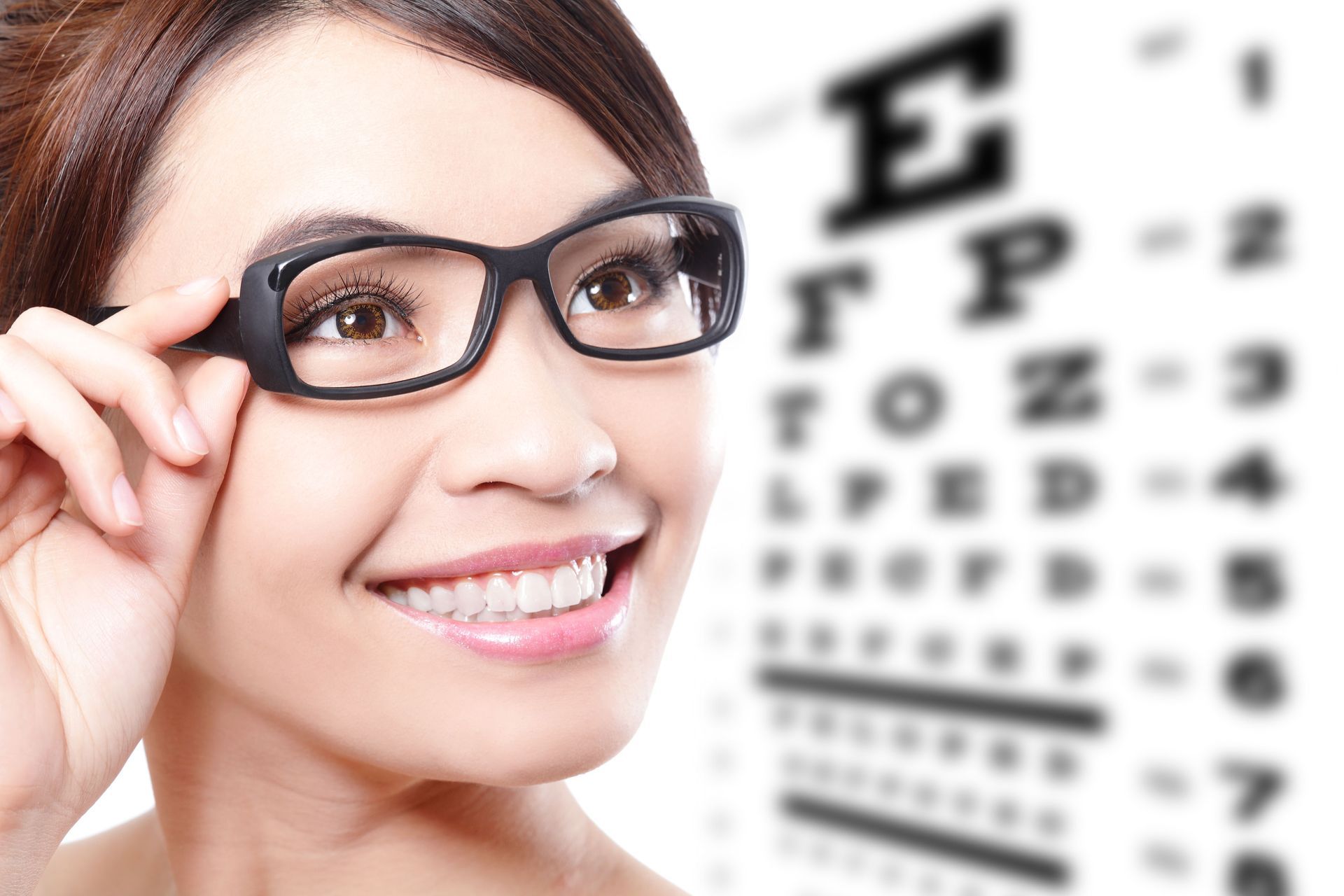
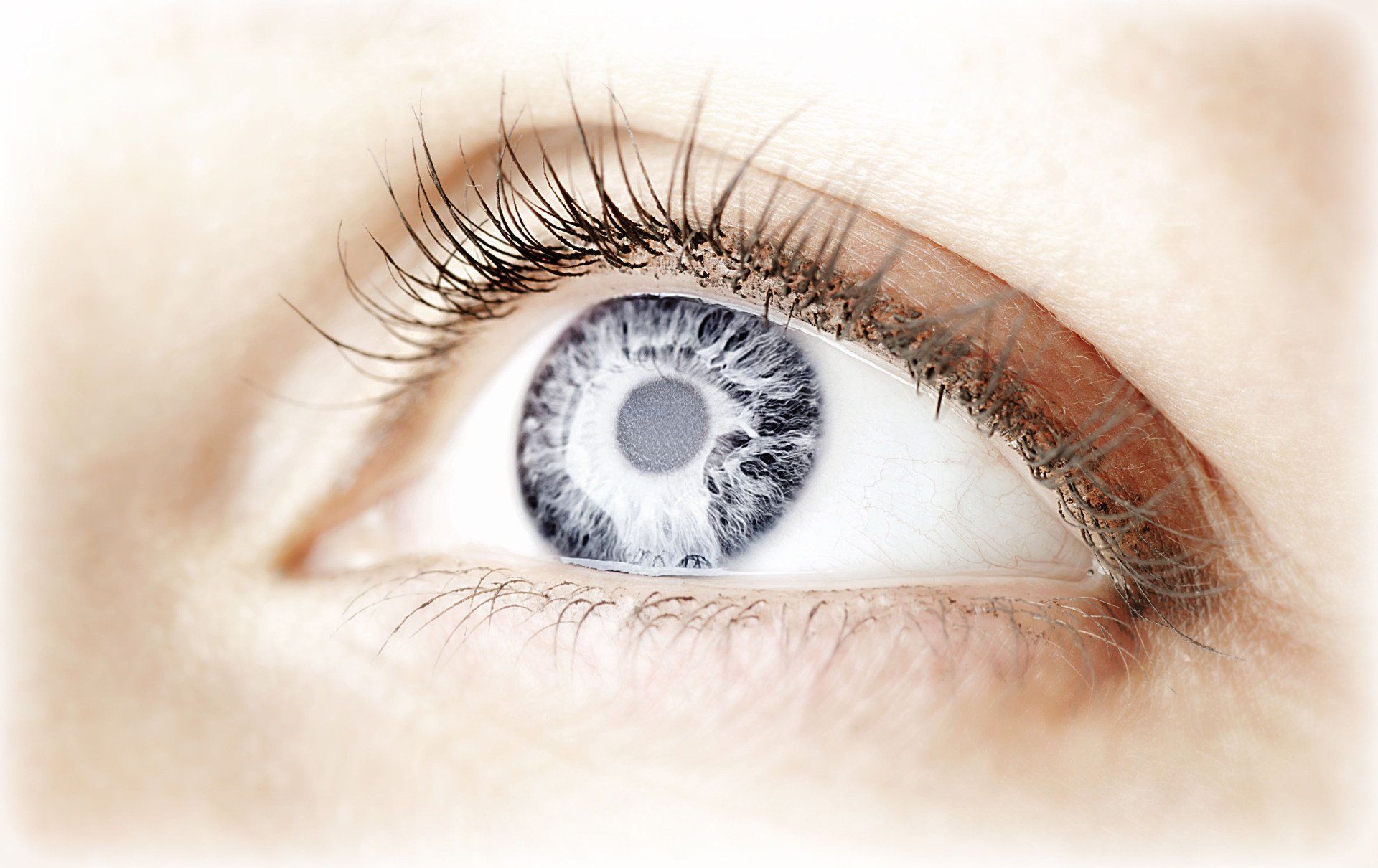
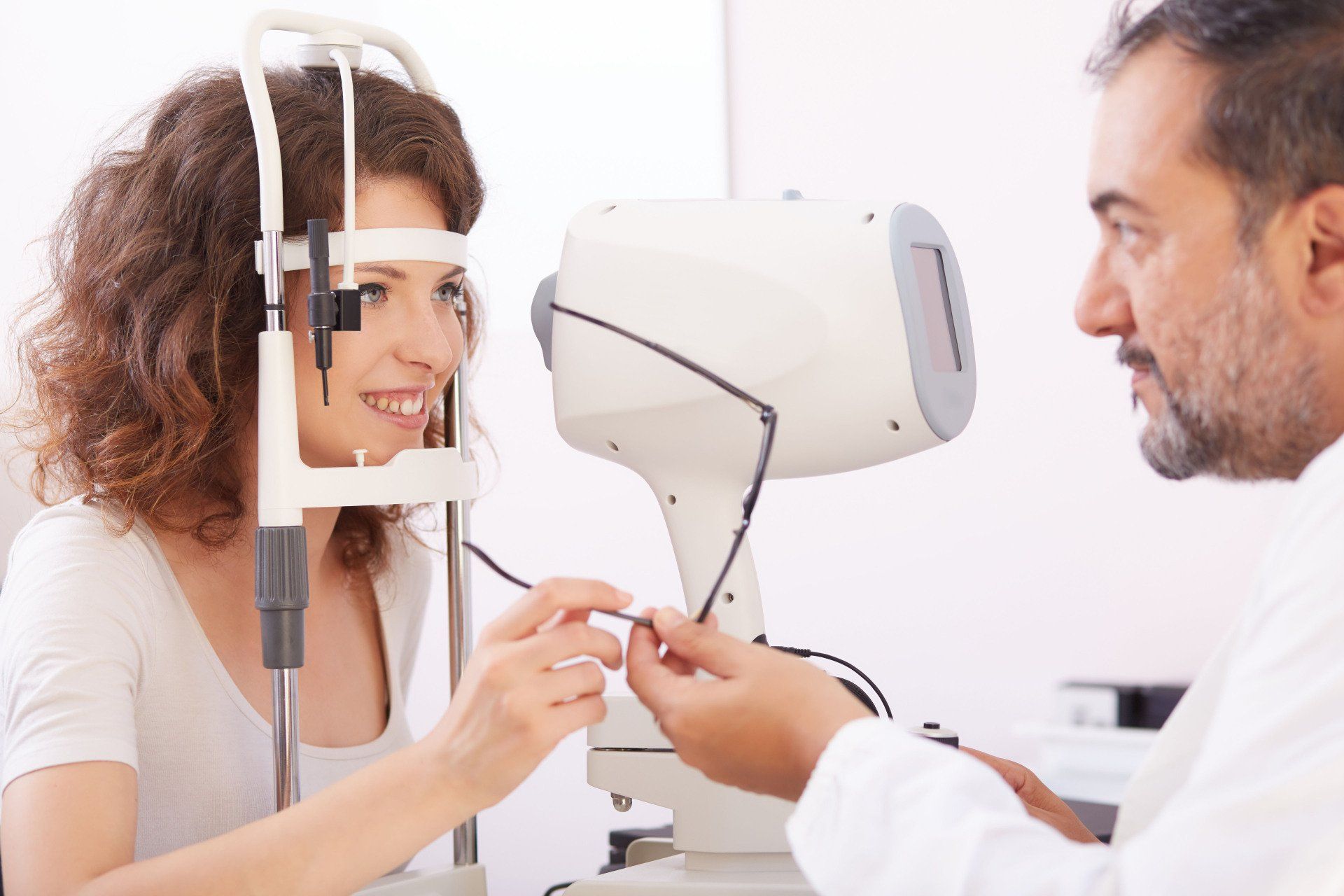

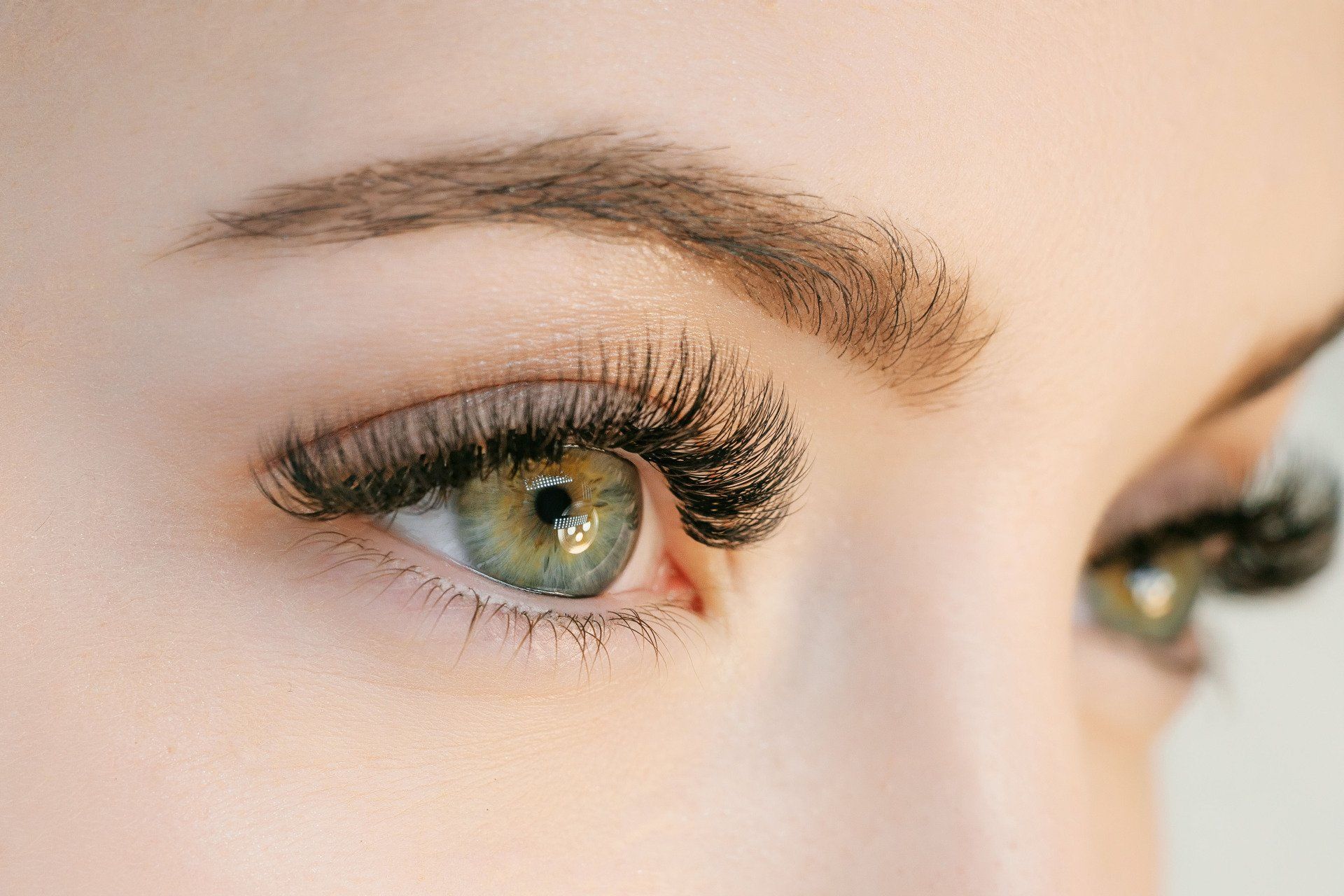
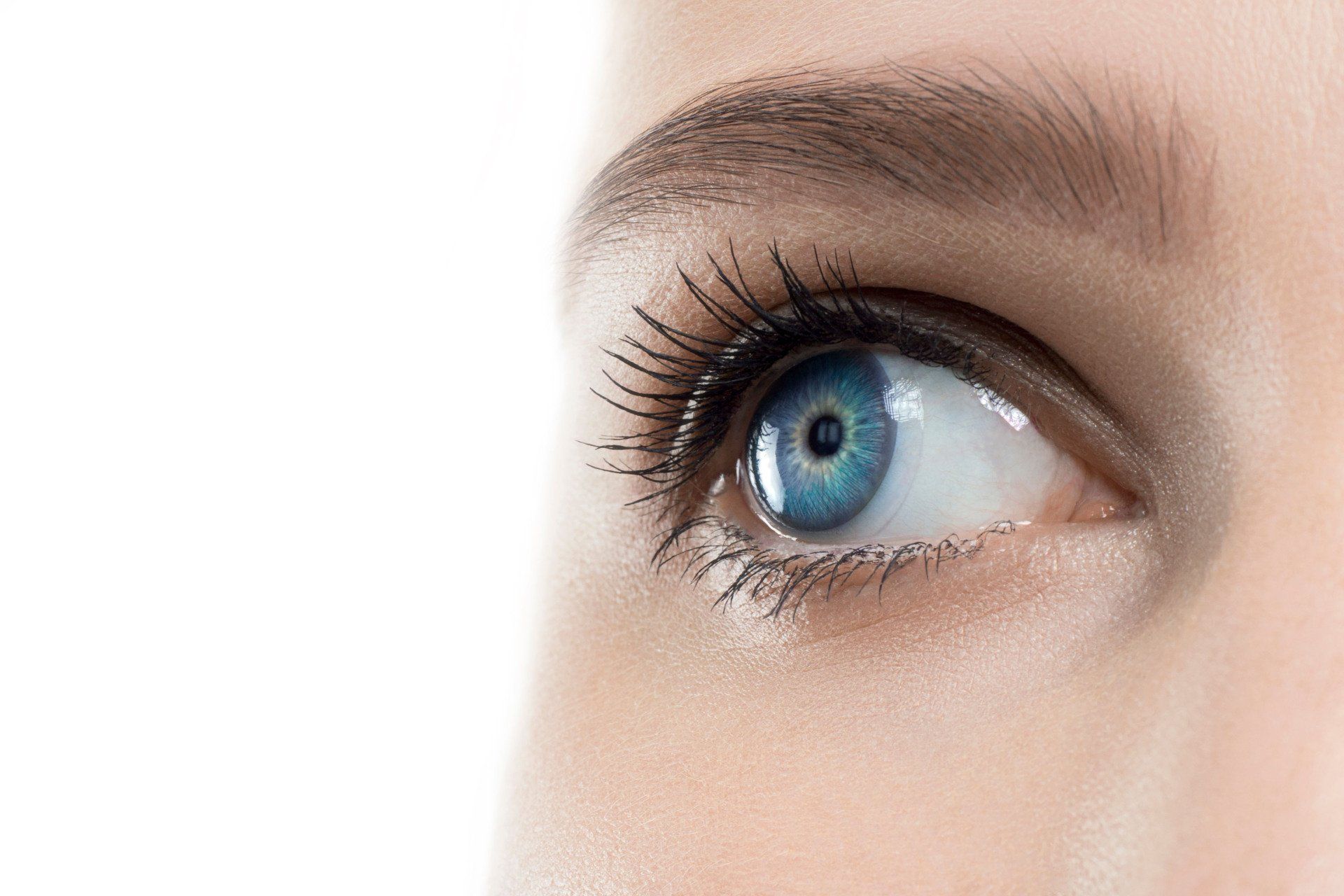
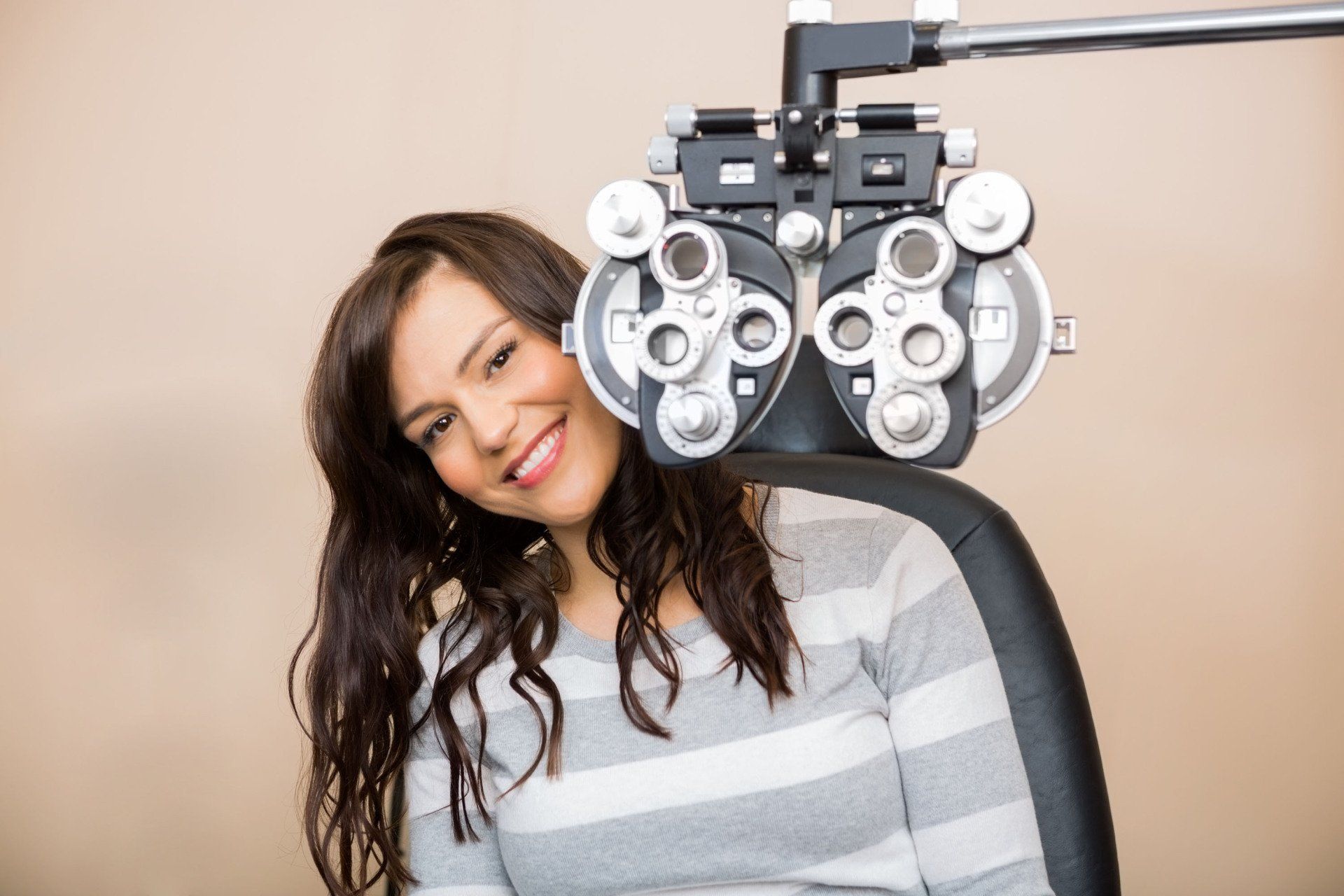
Share On: